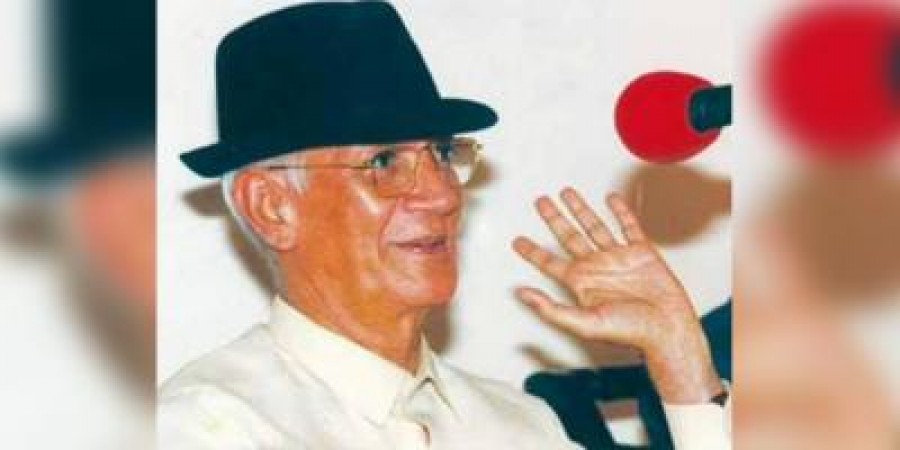
O.P. Nayyar is regarded as a legendary figure in the history of Indian music because of his ability to write enduring melodies that have permanently changed the face of Bollywood music. It is astounding and puzzling to learn that O.P. Nayyar, the renowned music composer of the 1960s, never received a single Filmfare nomination throughout that decade despite his immeasurable contributions to the music industry. In addition to highlighting Nayyar's unrivaled musical brilliance, this article explores the intriguing backstory to this apparent oversight and explores how it continues to captivate listeners across generations despite the lack of recognition.
It's fair to say that O.P. Nayyar's entry onto the Indian music scene was revolutionary. Hindi film music was given new life by his distinctive fusion of Western and Indian musical influences, which was characterized by upbeat rhythms, earworm melodies, and enchanting orchestration. As he worked with renowned playback artists like Mohammad Rafi and Asha Bhosle, Nayyar rose to prominence in the 1950s, producing chart-topping single after chart-topping single. For music lovers, timeless songs like "Aaiye Meherbaan," "Yeh Hai Reshmi Zulfon Ka Andhera," and "Mera Naam Chin Chin Chu" will always be memorable.
As the 1960s got underway, O.P. Nayyar's musical talent persisted in mesmerizing audiences, creating unforgettable compositions for movies like "Kashmir Ki Kali," "Howrah Bridge," and "Phir Wohi Dil Laya Hoon." But it is perplexing that Nayyar, despite the widespread praise and commercial success of his music, was conspicuously absent from the Filmfare nominations list throughout the decade. The reliability of award systems and the variables affecting their judgments are called into doubt by this apparent error.
Without mentioning his remarkable collaboration with Mohammad Rafi and Asha Bhosle, two of the most successful playback singers of the time, one cannot properly discuss O.P. Nayyar's legacy. Their diverse vocal ranges were complemented by Nayyar's compositions, which also served as a canvas for their artistic exploration. The heartfelt "Ae Gulbadan" from "Professor" and the energetic "Deewana Hua Badal" from "Kashmir Ki Kali" are two songs that perfectly capture the magic that occurred when these creative forces came together.
Filmfare, India's most prestigious film award, appeared to have overlooked Nayyar's remarkable body of work during the 1960s despite his undeniable contributions to the music industry. Only the trophy for "Naya Daur" was on his shelf, despite the fact that he had received three nominations in the late 1950s. It is still unknown why Nayyar was not nominated for a Filmfare award in the 1960s. According to rumors, there could be a number of reasons for this, such as competitive relationships, artistic disagreements, or even a reluctance to accept his ground-breaking musical style fusion.
The musical legacy of O.P. Nayyar endures despite the lack of recognition. His songs continue to be adored by people of all ages, inspiring nostalgia and mesmerizing listeners with their enduring appeal. For aspiring musicians and composers, Nayyar's distinctive musical style, which is characterized by his use of lively orchestration and melodic tunes, continues to serve as an example.
O.P. Nayyar's extraordinary journey through the 1960s, which was characterized by a profusion of hit songs and chart-topping albums, is proof of his unrivaled musical brilliance. His creative fusion of musical genres, partnerships with legendary musicians, and original compositions serve as a monument to his imagination and vision. Even though Filmfare's oversight during that time period may still be a mystery, it does not lessen the enduring influence of O.P. Nayyar's music on music lovers all over the world.
What is Pilates and How Does It Strengthen the Body?